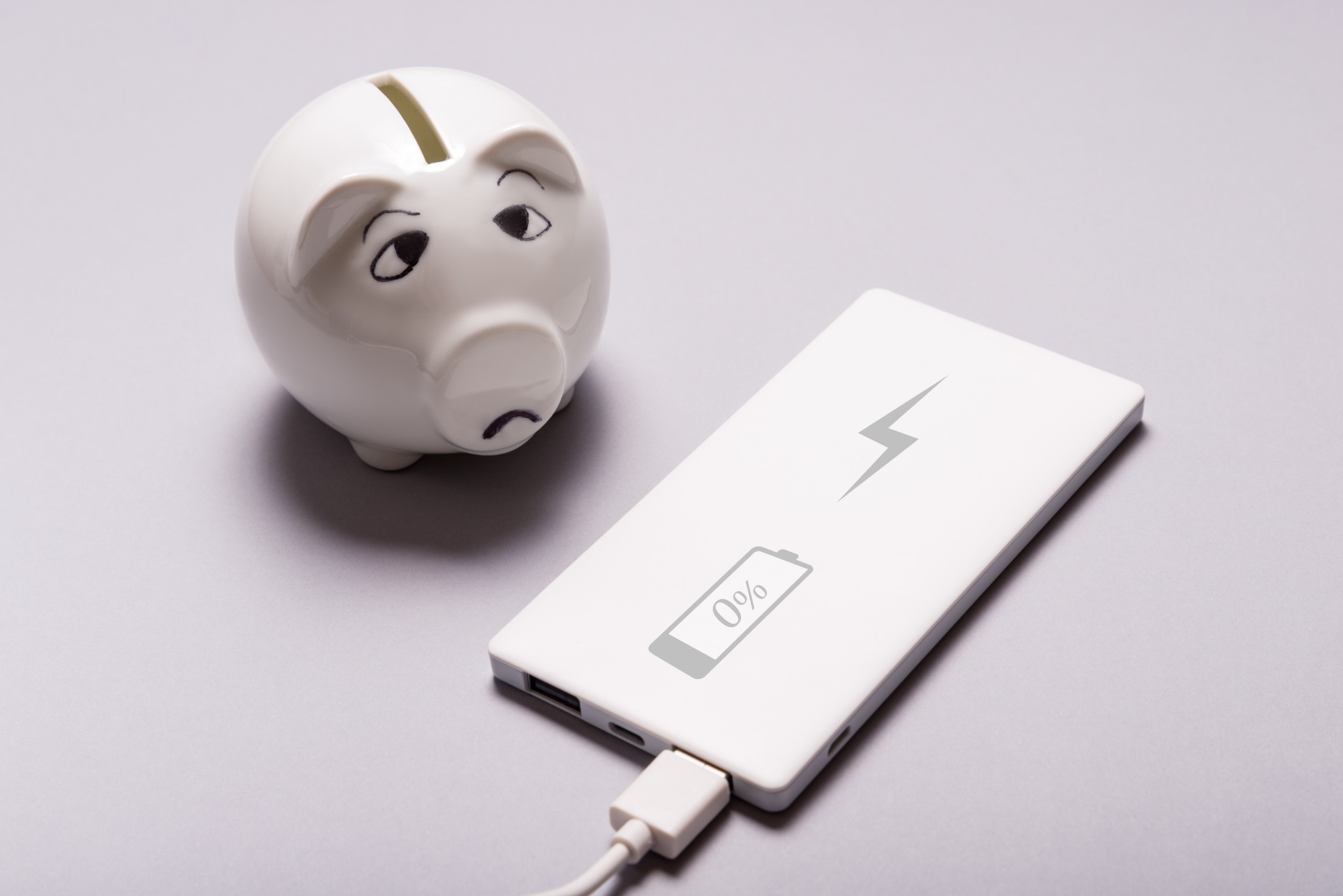
At a meeting of the Legislative Council Panel on Environmental Affairs in November, the Secretary for Environment and Ecology Bureau announced that Hong Kong's two major power companies, the China Light and Power Company, Limited (CLP) and The Hongkong Electric Company (HEC), would adjust their electricity tariffs from New Year's Day 2023. Compared to the previous year, CLP's average net tariff climbed by 19.8% to 154.4 cents per kWh, while HEC's average net price increased by 45.6% to 197 cents per kWh. In terms of fuel costs, CLP's tariff increased to 62 cents per unit, up 60.6% from January, while HEC's tariff increased to 92.5 cents, more than double the January figure. Since Hong Kong households pay the majority of their energy costs from the price of fuel and electricity, the growth in these two prices could worsen the energy poverty in Hong Kong.
Energy poverty is defined as spending more than 10% of the total household income on electricity (heating, cooling, etc.) and crowding out expenses on education, food, health, etc. According to a study by the World green organization, over 210,000 households in Hong Kong, or one in every 11 households, are estimated to be living below the "energy poverty line". The predicament is worrisome as more individuals are anticipated to slip below the energy poverty threshold, making life harder for the grassroots as a result of the two power providers increasing electricity rates in the coming year and the lack of targeted relief measures from the government.
The World Green Organization made note of the fact that many energy-poor households experience poor living conditions and must use air conditioning to ventilate their homes. However, because the majority of these households rent their homes and pay their landlords for the electricity they use, their electricity costs are higher than those of typical households. In order to conserve money, they avoid using electrical appliances even when they need to. For instance, they make an effort to avoid turning on the lights at home, choosing instead to spend six hours each day in the neighboring park. Even in extreme heat, the air conditioner won't be turned off. With the increase in electricity tariffs, it is expected that the situation will only get worse, with more and more grassroots tenants at the bottom of the social ladder falling into energy poverty. As the result, they might suffer health problems which could be avoided.
In view of this, the community is increasingly concerned about energy poverty. The public hopes that the government can lend a helping hand to help energy-poor families out of the crisis and prevent more families from falling into energy poverty.
Firstly, the government should provide an official definition of energy poverty, not simply following international definitions, but one that is relevant to the local situation. In this way, long-term strategies and social welfare policies can be effectively formulated to address energy poverty. Under the European Commission's policy's EU Energy Poverty Observatory programmed, which was launched in December 2016, the government should effectively identify target groups and find out where energy poor households are located, in order to effectively administer subsidies. Hong Kong can also learn from this. For example, the Census and Statistics Department can include statistics on energy poverty in the population census once a precise definition of energy poverty is available, so as to effectively identify the potentially energy-poor population for subsequent energy subsidies.
Secondly, the Government should take the lead in expanding green product procurement. The Public is in favor of the government taking the initiative to lead them to buy the low-carbon products. The Government can make public a green procurement list with a detailed listing of green products for public enquiry. This will not only save the public time in making enquiries, but also provide publicity opportunities for green production businesses. In addition to this, the energy efficiency of the appliances made a big difference in their electricity consumption. There is a 97%, 48% and 25% difference in energy efficiency between Tier 1 and Tier 5 for refrigeration appliances, washing machines and air conditioners. The Government should provide energy saving information to low-income households, help them understand the electricity consumption of different electrical appliances and teach them how to distinguish between high-efficiency and low-efficiency appliances, so that they can buy more energy-efficient appliances and save electricity effectively. By subsidizing the additional cost of purchasing more energy-efficient appliances on top of the usual low-cost ones, the government can even directly encourage people with energy poverty to replace their inefficient appliances with more energy-efficient ones. So that individuals no longer have to sacrifice their health and quality of life in order to save electricity, they are assisted in reducing their electricity usage at the source.
Besides, the Government may also consider granting seasonal subsidies to the energy poor, instead of simply giving them to tenants, so that owners of sub-divided units will not benefit from them. This is because the households may be landlords rather than tenants, and the subsidies so granted will not help those in genuine need at all. The Government should pay the subsidy directly into the accounts of the energy poor according to the electricity consumption of each household. This will not only save the intermediaries, but also directly help alleviate the burden of the needy.
The UK has been conducting energy poverty surveys for many years and has developed an internationally accepted definition of energy poverty, i.e. energy expenditure exceeding 10% of the household's gross income is considered energy poverty and subsequent assistance is provided to the households concerned. And with the improvement of energy efficiency, the number of energy-poor households in the UK has also been effectively reduced. It is believed that Hong Kong can also effectively stop energy poverty from worsening in Hong Kong after adopting a locally relevant definition of energy, conducting surveys for energy-poor households and encouraging grassroots households to replace energy-efficient appliances.
本文於2022年12月14日在DotDotNews上刊登。
